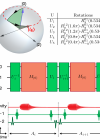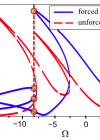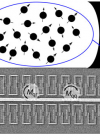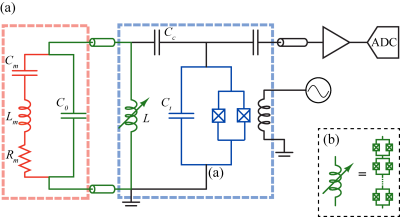Quantum hybrid systems is a popular modern research field where scientist try to combine quantum systems of different architectures. Superconducting circuits thanks to their strong non-linearities and advance quantum control can be a valuable resource to extend functionality of many other quantum devices. On the other hand superconducting circuits lack the coherence times of their spin and atomic quantum counterparts.
Different systems can be incorporated into superconducting circuits to achieve a particular goal. For example, coupling supercondcuting circuits to a nanomechnical oscillator was the most successful approach to cool down the mechanical degree of freedom to its ground state. There have also been a number of successful experiments where strong couling regime between superconducting resonator or a qubit with an ensemble of spins were achieved opening a path to realize a superconducting quantum processor with a spin-based quantum memory.
As part of EQuS Centre our team has a unique opportunity to get in touch with Australian leading researchersworking on other quantum systems. We are currenly collaborating with Prof. Michael Tobar on coupling a superconducting qubit to a macroscopic acoustic cavity.













